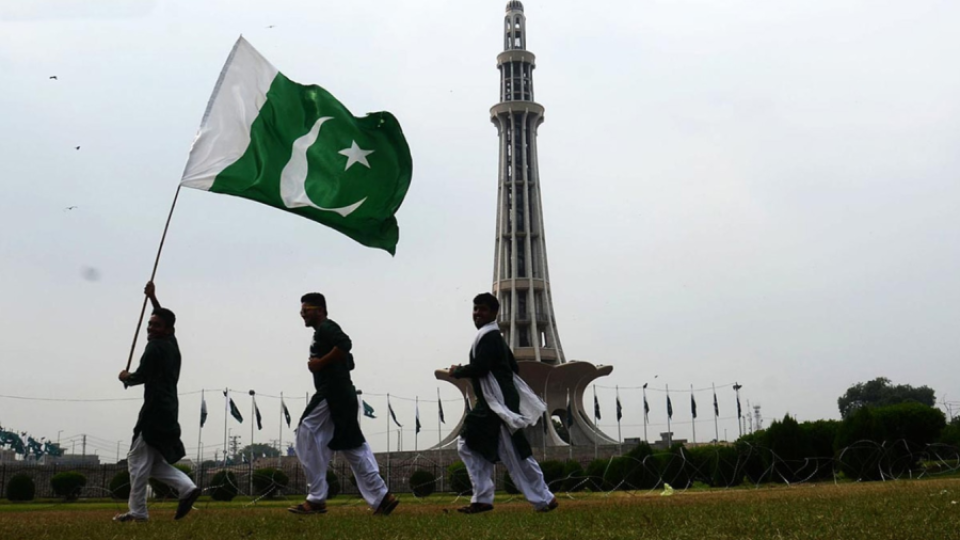
Pakistan’s economy has shown signs of recovery, with a 2.52% growth rate in the fiscal year 2024. This growth, while modest, was largely driven by the agriculture sector. However, Pakistan continues to face significant challenges, particularly in its industrial and services sectors, where high inflation, external debt, and energy shortages are stifling growth. Against this backdrop, the International Monetary Fund (IMF) stepped in with a 37-month Extended Fund Facility (EFF) worth SDR 5.32 billion (USD 7 billion), offering critical financial assistance and laying out a roadmap for macroeconomic stability and structural reforms.
The agriculture sector has been the linchpin of Pakistan’s economic recovery. In fiscal year 2024, the sector’s better-than-expected crop yields contributed significantly to the 3.07% growth observed in the final quarter. Key crops like wheat, rice, and sugarcane flourished, benefiting from improved irrigation systems, better seed quality, and favorable weather conditions. This success in agriculture provided a counterbalance to the ongoing struggles in other sectors of the economy.
However, while agriculture thrived, the industrial and services sectors suffered due to several persistent challenges. Manufacturing industries, which are crucial for Pakistan’s economic diversification, faced reduced output due to energy shortages and rising input costs. Inflation, which remained elevated throughout the year, significantly eroded purchasing power and reduced consumer demand in the services sector. Businesses, particularly small and medium enterprises (SMEs), found it increasingly difficult to operate, leading to reduced economic activity. This sectoral divide underscores the complexities of Pakistan’s economic situation. While the growth in agriculture is commendable, the underperformance of industry and services reflects deeper structural issues that must be addressed if the country is to achieve sustainable, long-term growth.
In response to these challenges, the IMF’s Extended Fund Facility was designed to provide both immediate relief and long-term solutions to Pakistan’s economic difficulties. The program, which is one of the largest in Pakistan’s history, is built on a foundation of fiscal and monetary reforms aimed at stabilizing the economy and ensuring macroeconomic sustainability. The first disbursement of SDR 760 million (USD 1.1 billion) was a crucial infusion of liquidity, helping to stabilize Pakistan’s foreign exchange reserves and provide a cushion against short-term economic shocks. However, the real impact of the IMF program will be felt over the coming years, as Pakistan implements the reforms necessary to restore fiscal discipline and stimulate growth.
The IMF’s program focuses on several key areas, including tax reform, public spending efficiency, and exchange rate flexibility. A major component of the reform agenda is improving tax collection from traditionally undertaxed sectors, such as real estate and agriculture, to increase the tax-to-GDP ratio. This will create fiscal space that can be used for public investment in health, education, and social protection programs. Beyond fiscal stabilization, the IMF’s program emphasizes the need to enhance Pakistan’s productivity and competitiveness. This involves creating a more favorable business environment, particularly for the private sector, by removing state-created distortions and reducing bureaucratic red tape. The IMF has also called for improving Pakistan’s foreign direct investment (FDI) regime, which has lagged behind other countries in the region due to restrictive policies and an unfavorable investment climate.
To stimulate growth, the government must also address the inefficiencies within state-owned enterprises (SOEs). These enterprises, particularly in the energy sector, have long been a drain on public resources, contributing to fiscal imbalances and exacerbating Pakistan’s energy crisis. The IMF recommends greater transparency, improved governance, and the potential for privatization, which could help reduce the burden on the government’s budget and improve service delivery to the public.
By investing in sustainable infrastructure and improving disaster risk management, Pakistan can reduce the economic losses associated with climate-related events. This will not only improve the country’s growth potential but also protect the most vulnerable segments of society from the worst impacts of climate change.
The IMF’s Extended Fund Facility offers a lifeline to Pakistan at a critical juncture. While the country’s economic recovery has been driven by the resilience of the agriculture sector, the challenges facing industry and services highlight the need for comprehensive reforms. The IMF’s support, combined with the government’s commitment to implementing these reforms, provides an opportunity for Pakistan to achieve long-term economic stability and sustainable growth. As the country navigates the difficult path ahead, building climate resilience, improving productivity, and fostering a more competitive business environment will be key to ensuring a prosperous future for all.
